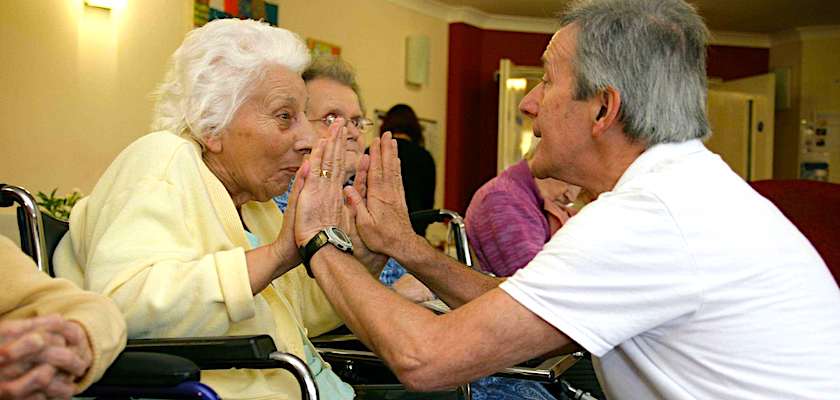Good, bad and plain ugly

Making the most of 2022

Some food for thought


I have a passion for a good old 'greasy spoon' – otherwise known as a cooked English breakfast. It is my equivalent of rocket fuel. Give me a couple of slices of bacon, a hash brown, or two, and a runny fried egg, and you'll find I am good to go for most of the day.
Sadly, a recent brekkie was not the source of pleasure it usually is.
I attended a men's breakfast in December and was fed well. I even got offered some black pudding, which I never decline. And once the eating had ended, it was then time for some spiritual nourishment in the form of the personal testimony of a member of the congregation.
Things started well. There was a lot of laughter, many good anecdotes about life in the military, and so forth, flowed from the man 20 of us had come to listen to. I was thoroughly enjoying myself – until I heard something that ruined the moment and has stuck in my mind.
The speaker, a very affable chap, started to talk about a business he owned. It was a company providing healthcare support to the elderly.
 PUTTING PROFIT FIRST? For Christians, money shouldn't be the number one priority.
PUTTING PROFIT FIRST? For Christians, money shouldn't be the number one priority.
For several years, the man doing the talking had built his business up and professed to run it ethically and compassionately. But there came a point when he wanted to retire, and this meant selling up and quitting the organisation.
A buyer was quickly found. It was an overseas company attracted by the speaker's diligent approach to business and a strong balance sheet, and it made no bones about its need and desire to change things in the quest to be even more profitable. The speaker thought nothing of this comment and continued to woo the interested party. As a result, an attractive cash offer was submitted and accepted.
That should be the end of the story, as everyone – according to the likes of Hans Christian Anderson – lived happily ever after. But I am not sure they did, particularly those people the speaker's company was committed to looking after in its care homes – the elderly residents. For them, I think things may have changed quite significantly under the new owners, as they often do when profit is the main motivating force.
You see, the man doing the talking let something slip out when he was regaling us all with his tale. Without realising it, he told us that he stopped thinking about the welfare of the people his company cared for the moment he got his lucrative offer.
Not everyone noticed what was said. But I did, and it has had quite a profound effect on me ever since. Chiefly, it has got me thinking about my own conduct and motivation and regularly asking a very pertinent question that's relevant to all Christian men: am I doing something for myself, or for God?
Based on what I heard over breakfast the other day, I would have to say the speaker started out with some good intentions. But they went out the window the moment he received an attractive financial offer for his business. As he put it: "Their welfare is now someone else's problem."
 MONEY TALKS: good intentions can go out the window when lots of cash is at stake.
MONEY TALKS: good intentions can go out the window when lots of cash is at stake.
I don't know how I would react if I was in the same situation. I like to think I would only accept an offer that protected the people I serve. and if that means accepting a lesser sum, or rejecting a bid that fundamentally changes the status quo, then so be it. But it's easy for me to say this when this kind of situation will never arise.
Yesterday, however, a news story fell into my email basket that put a beaming smile on my face. In some ways, it relates directly to my breakfast experience.
It concerned the actor Chris Tucker, who turned down the offer of a $10-12 million payday in the late 1990s when he was asked to appear in the sequels to the film Friday. The actor, a Christian, objected to playing a foul-mouthed, marijuana-smoking character that would set a bad example to young people.
The money could have been life-changing for Tucker. Yet his faith guided him away from the lure of the dollar. In truth, I am sure there would have been some temptation, even if it was for just a nanosecond. But Tucker didn't buckle; he did the right thing.
And doing the 'right thing' is the quest for all of us, even though we know our bank balance will inevitably be lighter at the end of the day. For we will be rich in so many other ways.
Tony Yorke is the deputy editor of Sorted.

